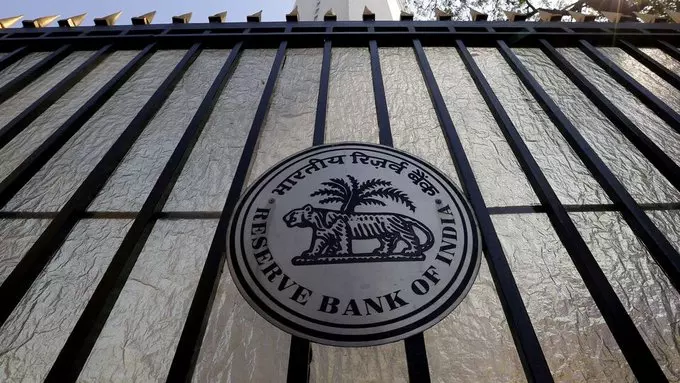Chennai: By lowering interest rates after a gap of five years, RBI has joined the leading central banks who have loosened their monetary policies for the sake of economic growth. However, the US Federal Reserve has paused its easing cycle and the Bank of Japan continues to increase rates.
In the recent global economic forecast, IMF projected global headline inflation to decline to 4.2 per cent in 2025 and to 3.5 per cent in 2026, while the global growth rate at 3.3 per cent in both years to be below historical average of 3.7 per cent. Needless to say, the focus of central banks is on growth amidst uncertainties. Despite the cut to 6.25 per cent, RBI’s key rate is higher than that of major economies.
A few days back, the European Central Bank lowered the deposit rate by 25 basis points from 3 per cent to 2.75 per cent. In cumulative terms, the deposit facility rate has declined by 125 basis points since last June. ECB assumes that the neutral rate is likely to be between 1.75 - 2.25 per cent, indicating more cuts.
The Bank of England cut its key interest rate by 25 basis points to 4.5 per cent and Bank of Mexico made a cut of 50 bps to 9.5 per cent this week. The Chinese central bank too has announced that it would cut interest rates from the current level of 1.5 per cent “at an appropriate time” in 2025.
Reversing its monetary stance, the US Federal reserve started easing the rates in August 2024. From 5.5 per cent, it brought the rates down to 5.4 per cent in August and by September, the rates were at 5 per cent. After the rate cuts in November and December, the rates are down at 4.5 per cent.
However, in its January meeting Fed said that it will keep rates steady at 4.25-4.5 per cent. It paused cuts to see further progress on both risks - inflation as well the uncertain economic outlook.
Meanwhile, Bank of Japan will continue to raise interest rates if its underlying inflation accelerates toward its 2 per cent target as projected. After remaining in negative interest rates for 17 years to tackle deflation, Japan’s central bank had decided to increase short-term interest rates to 0- 0.1 per cent in March last year and further to 0.25 per cent in July.

